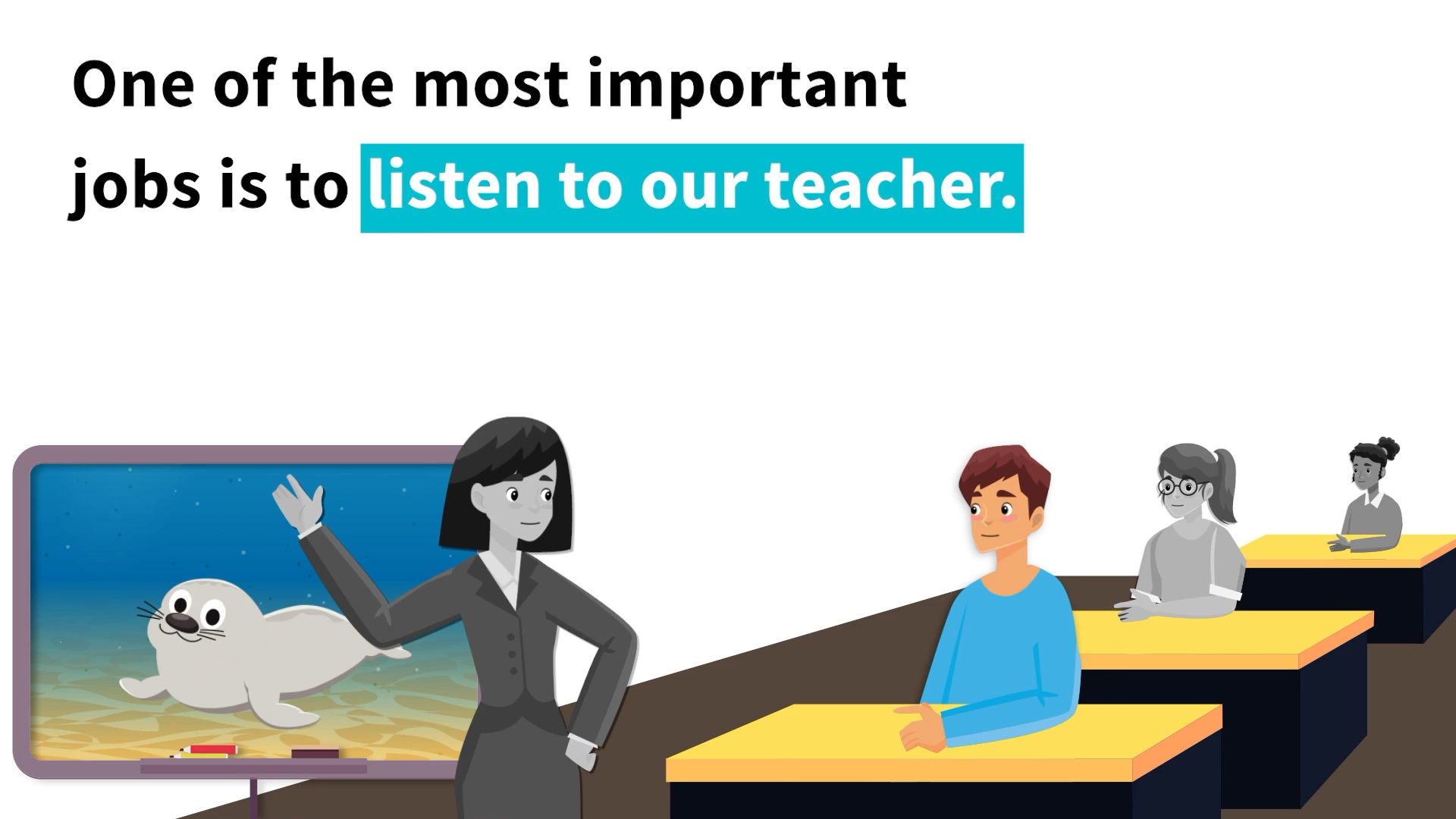In special education, developing strong listening and focus skills is crucial for Kindergarten students. These skills enable them to learn better, interact positively with others, and enhance their overall wellbeing. In this blog post, we will discuss the importance of listening and focus skills, the role of various specialists in supporting their development, and how to create effective Individualized Education Program (IEP) goals for these skills.
Understanding Listening and Focus Skills
Listening and focus skills involve paying attention to the teacher, keeping the mind engaged in the current topic, and avoiding distractions. These skills are essential for students’ learning, as they enable them to understand new concepts and retain information. Additionally, strong listening and focus skills contribute to positive social interactions and emotional wellbeing.
The Role of Specialists
Various specialists play a vital role in supporting the development of listening and focus skills in Kindergarten students. These include:
- Speech-Language Pathologists: They help students improve their auditory processing and comprehension skills, which are essential for effective listening.
- Social Workers: They provide support in addressing any social or emotional challenges that may hinder students’ ability to focus and listen.
- Psychologists: They assess students’ cognitive and attention abilities, and recommend strategies to enhance listening and focus skills.
- School Counselors: They offer guidance and resources for students, teachers, and families to foster an optimal learning environment that promotes listening and focus.
IEP Goals for Listening and Focus Skills
Here are some specific SMART IEP goals to improve listening and focus skills in Kindergarten students:
Goal 1: Improve Active Listening Skills
By the end of the academic year, the student will demonstrate active listening skills in 80% of classroom activities, as measured by teacher observations and checklists.
Strategies and activities:
- Use visual cues and prompts to remind students to pay attention.
- Practice active listening through group activities and games.
- Encourage students to ask clarifying questions during lessons.
Goal 2: Enhance Focus and Concentration
By the end of the academic year, the student will be able to maintain focus on a task for 10 minutes with minimal prompts, as measured by teacher observations and checklists.
Strategies and activities:
- Break tasks into smaller, manageable steps.
- Integrate movement breaks and mindfulness exercises into the daily routine.
- Use visual schedules to help students stay on track.
Implementing and Measuring Progress
To effectively implement and measure progress on these IEP goals, consider the following tips:
- Collaborate with specialists and other team members to ensure consistency in support and strategies.
- Monitor and document students’ progress regularly using checklists, observations, and data collection tools.
- Adjust goals and strategies as needed based on students’ progress and changing needs.
Conclusion
Developing strong listening and focus skills is essential for Kindergarten students’ success in school and beyond. By creating effective IEP goals and working with a team of specialists, educators can support students in reaching their full potential. To explore more resources and sample materials, visit Everyday Speech Sample Materials.






